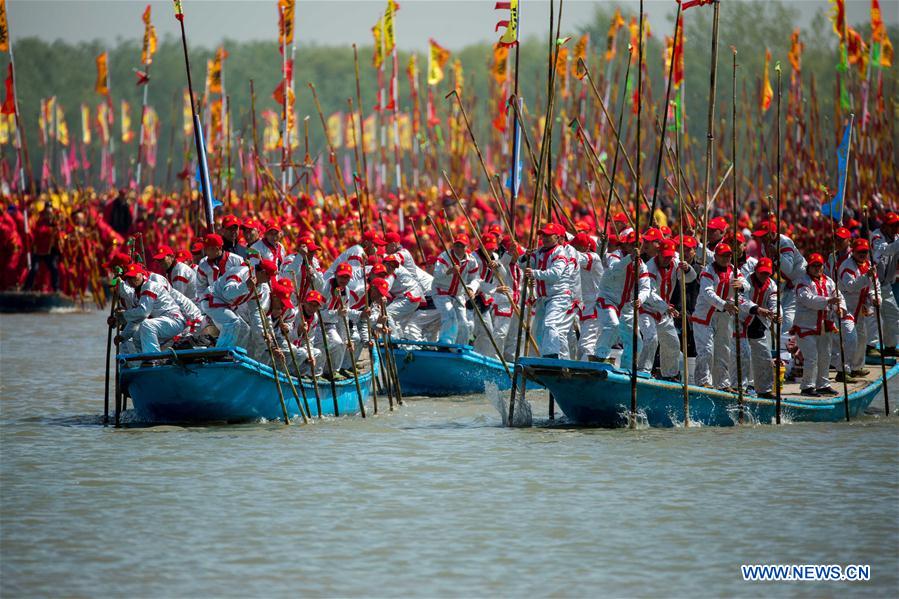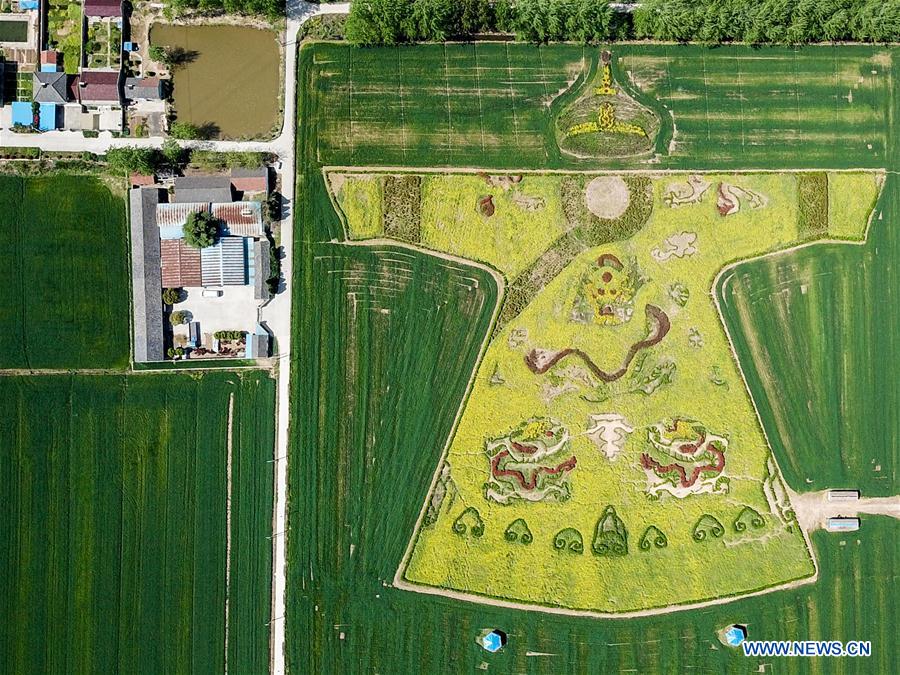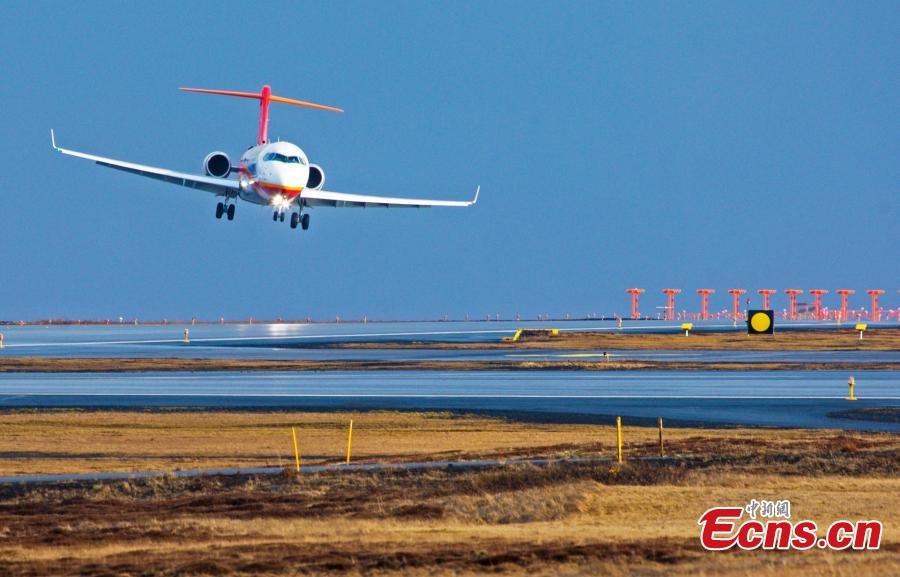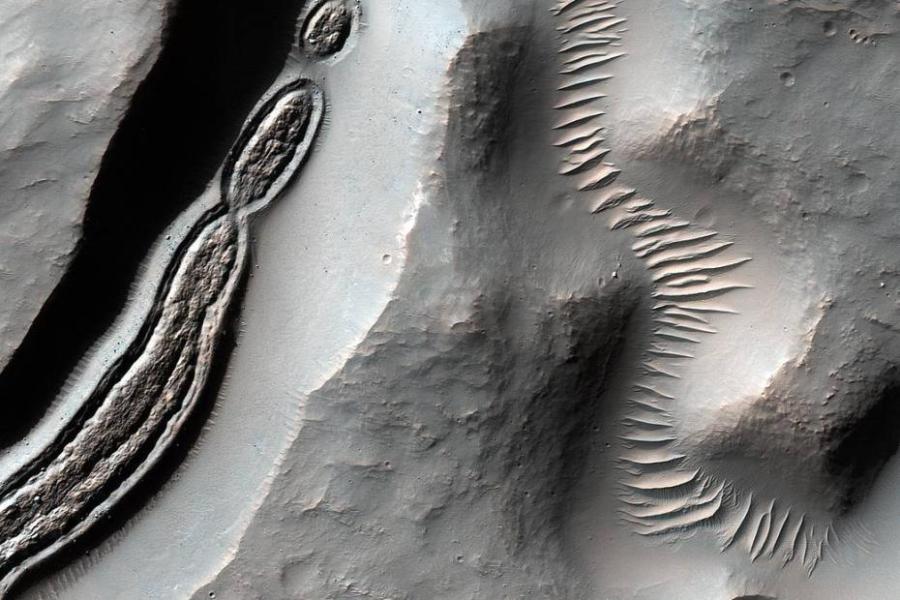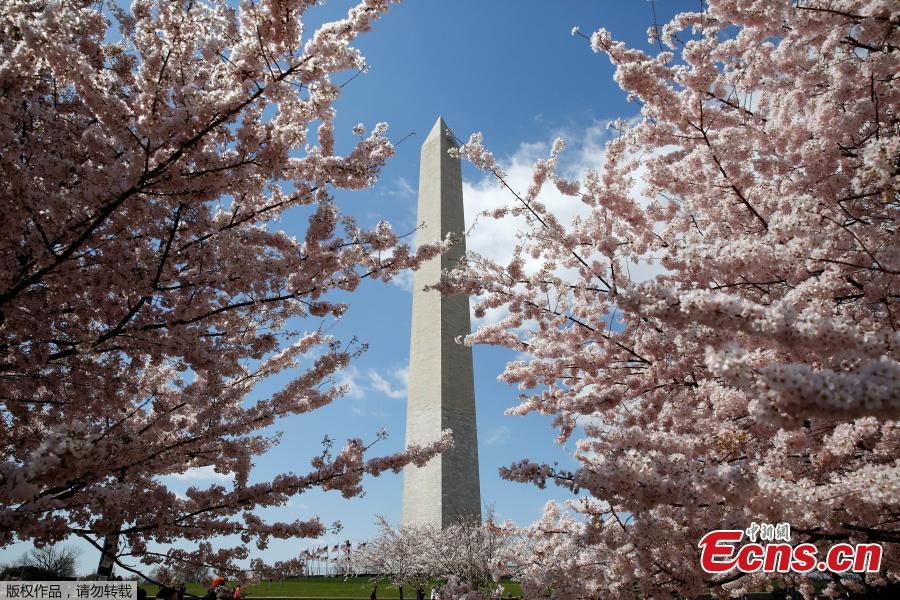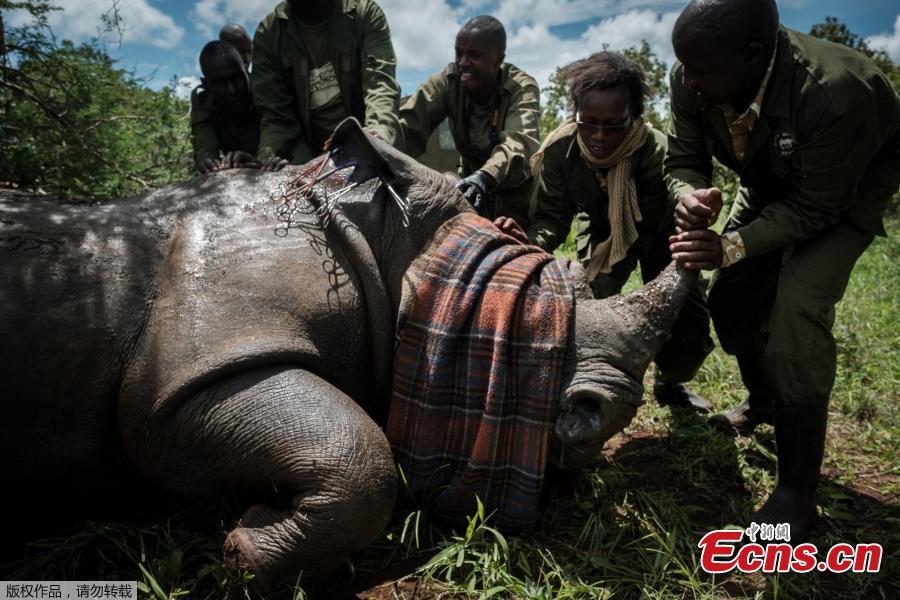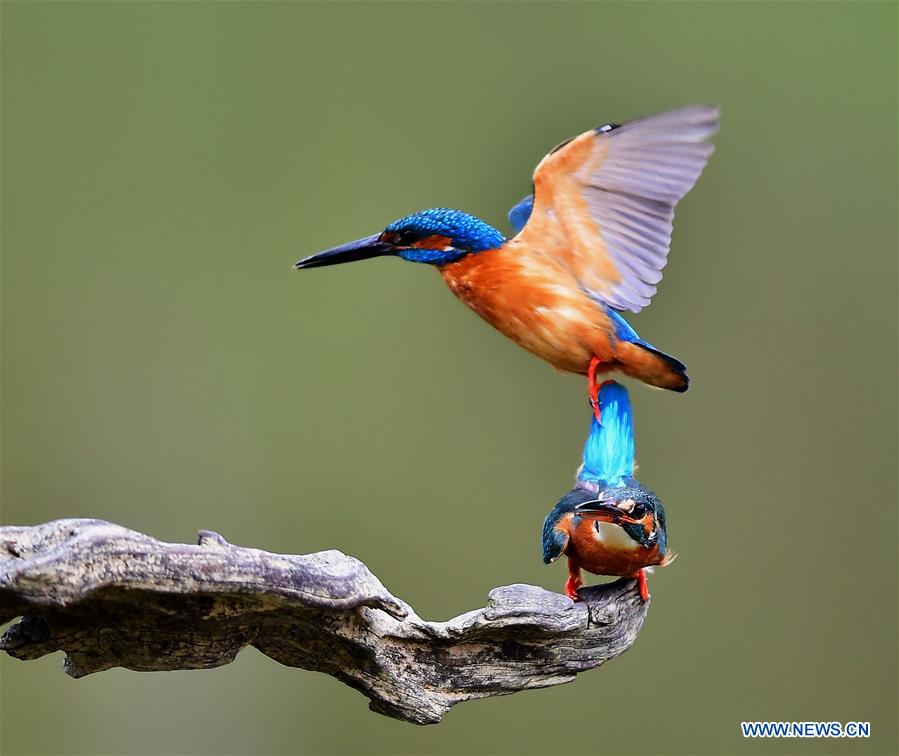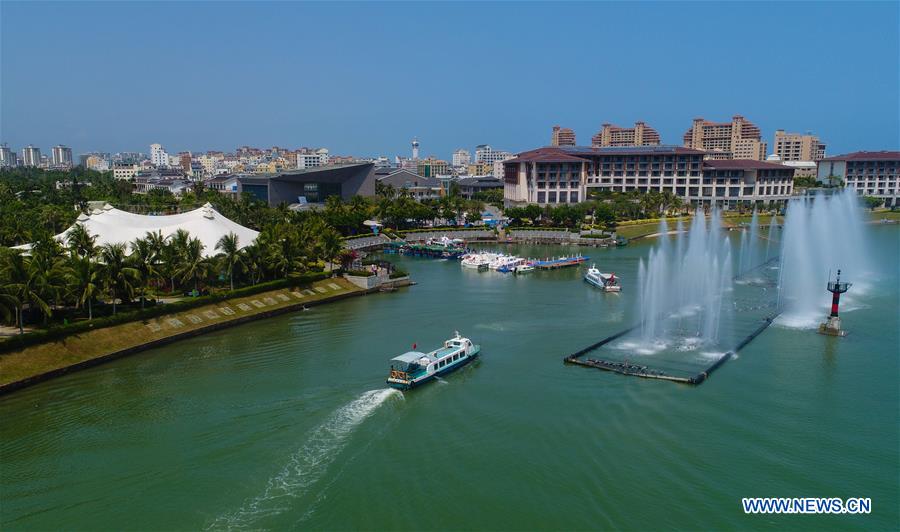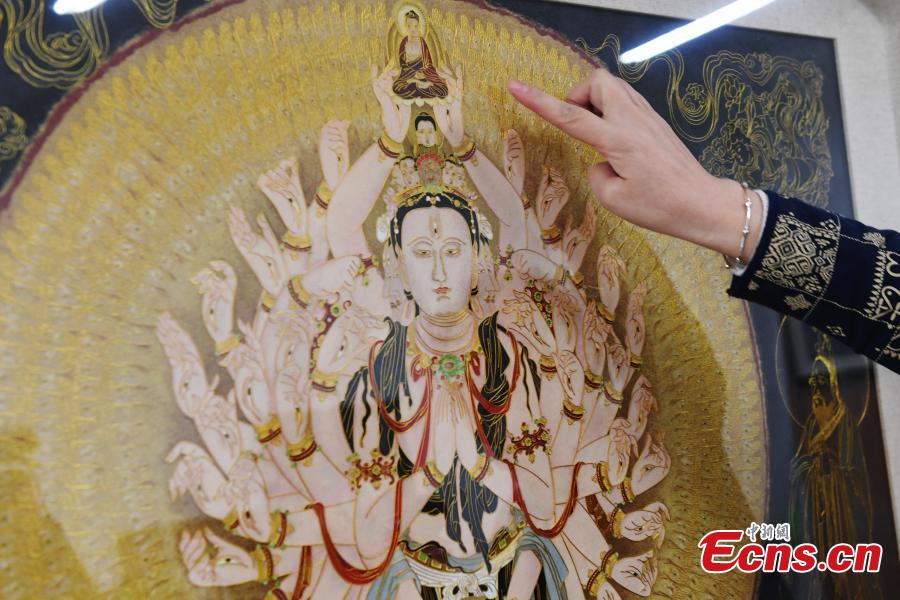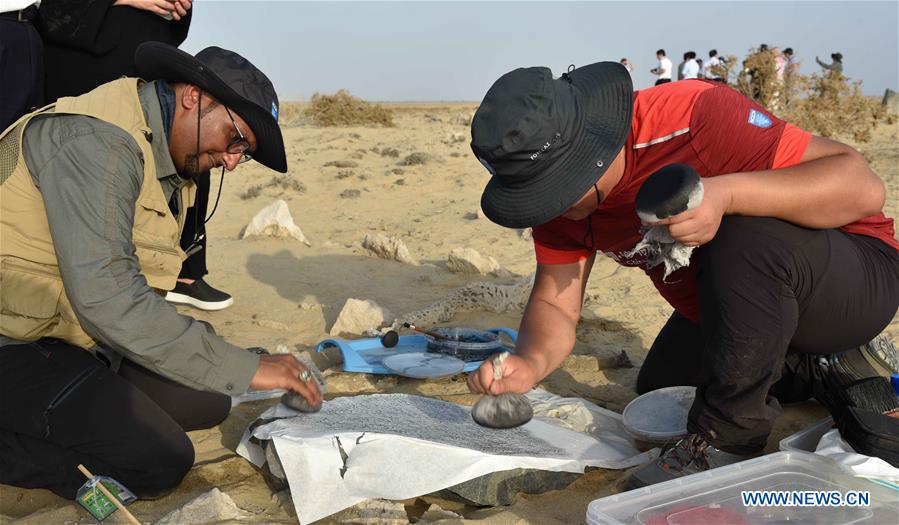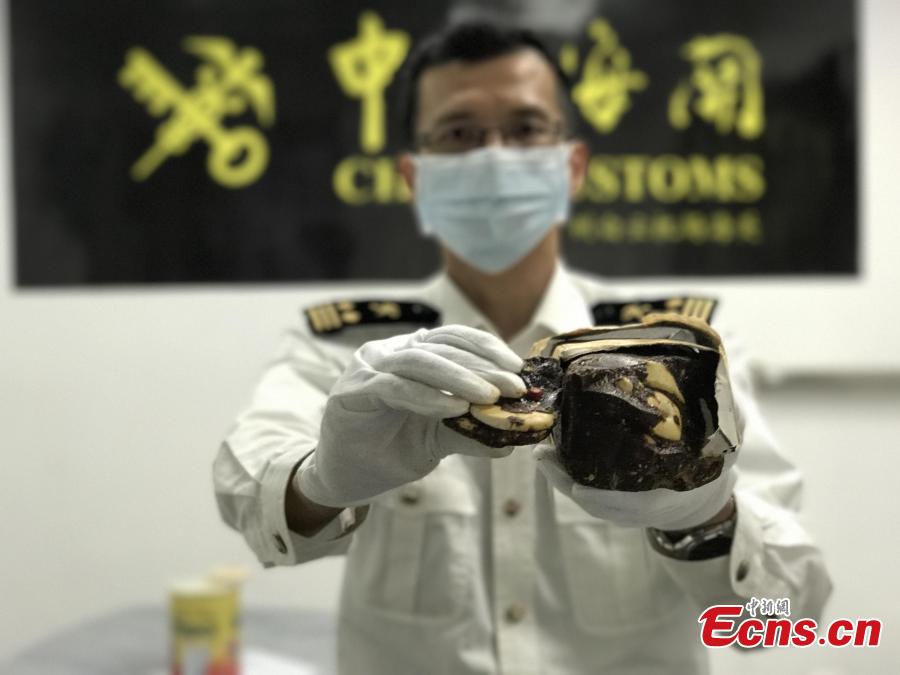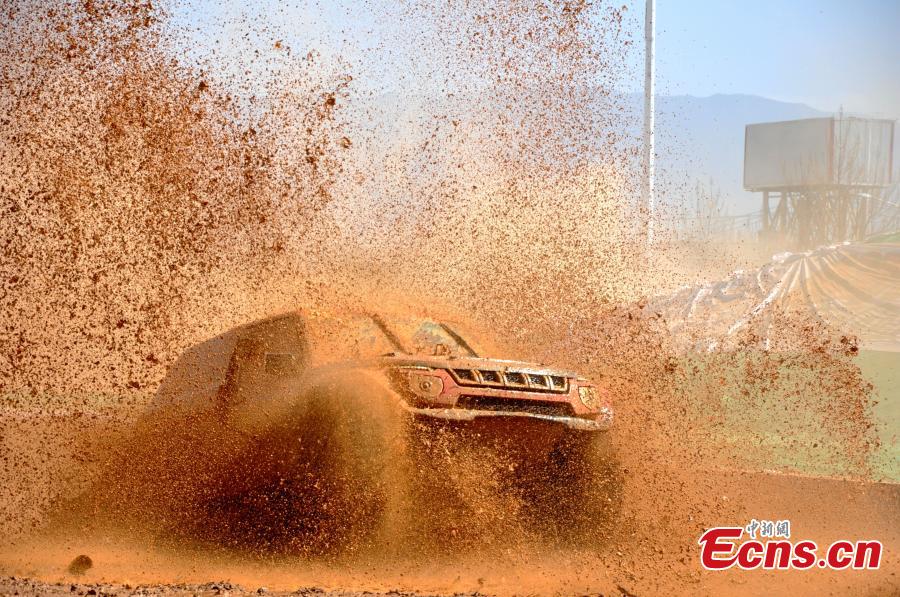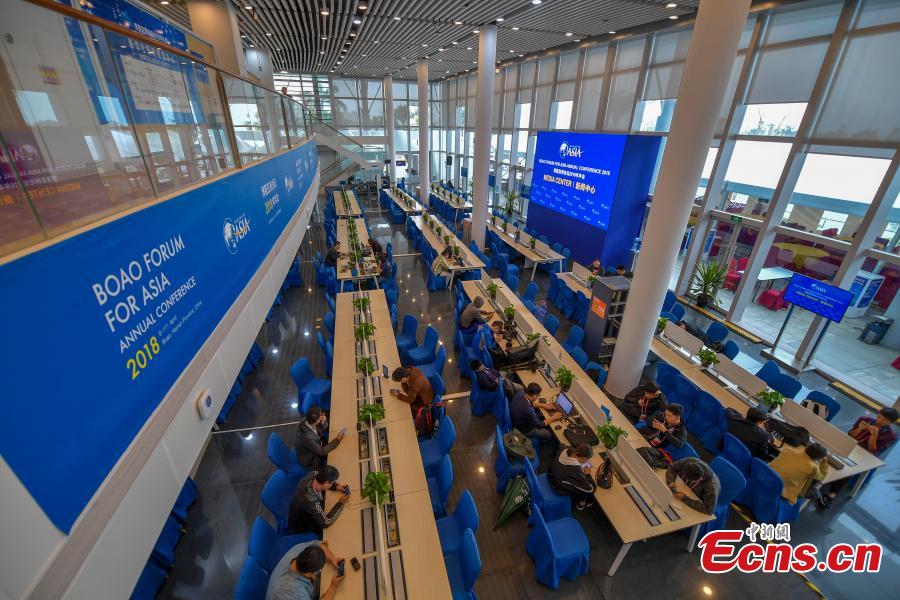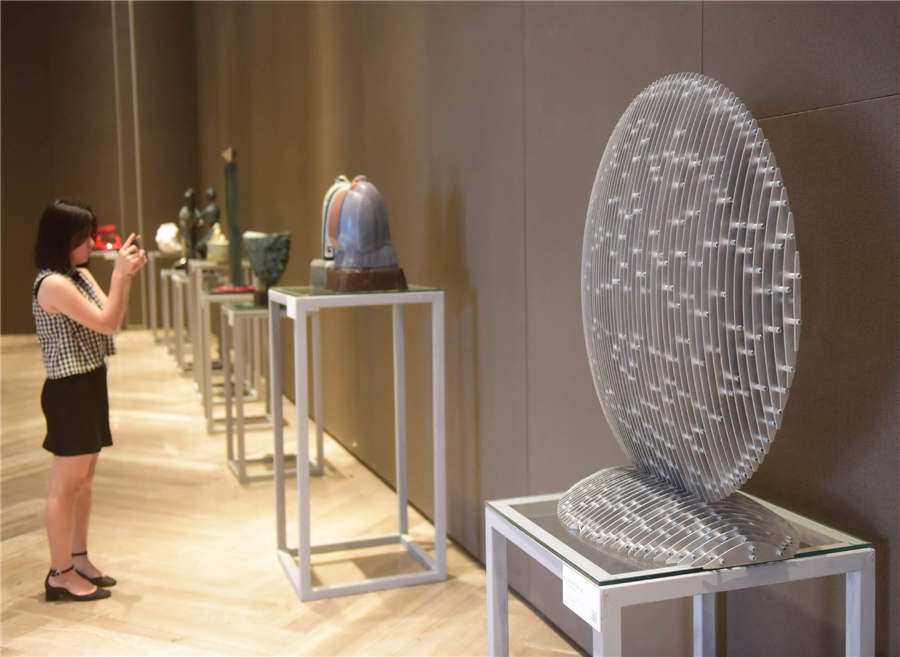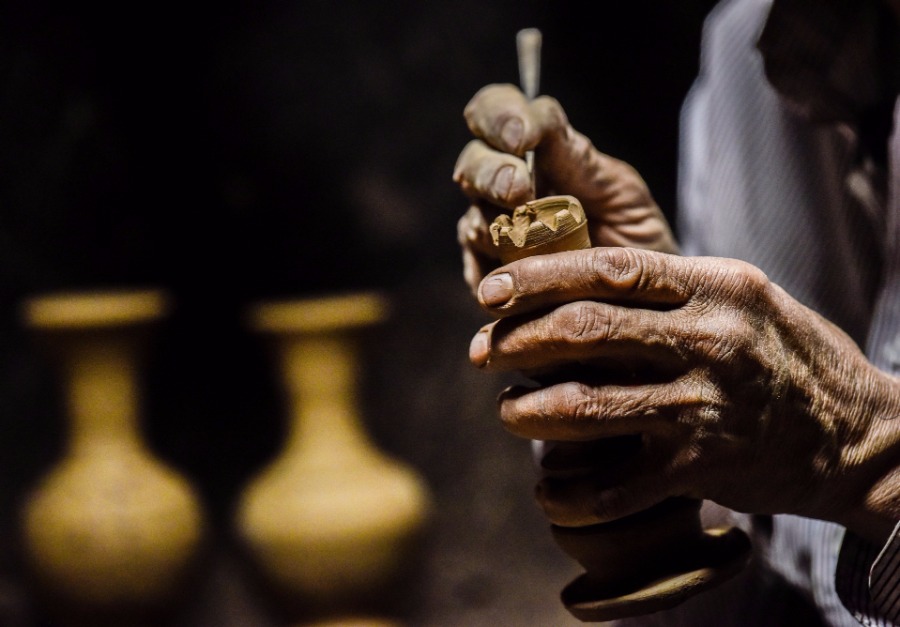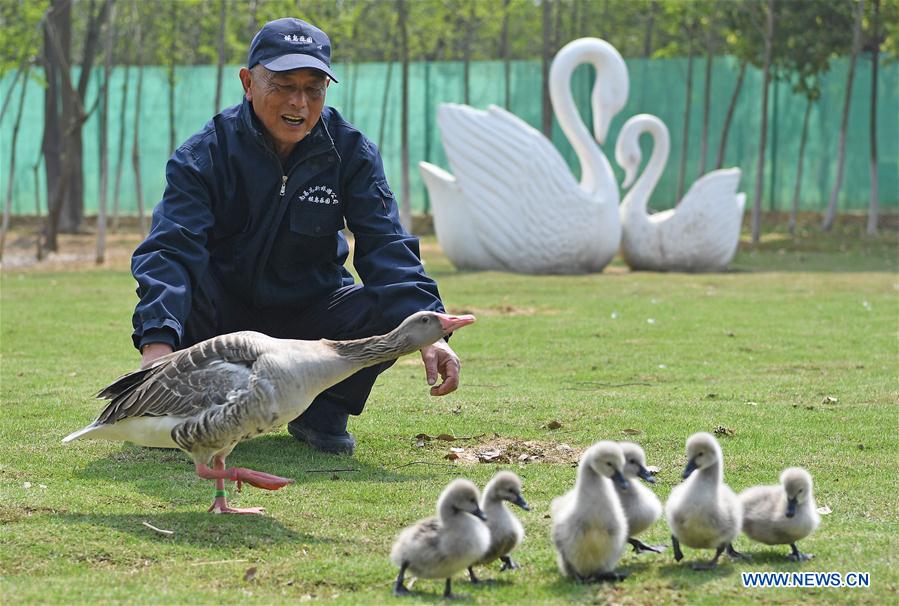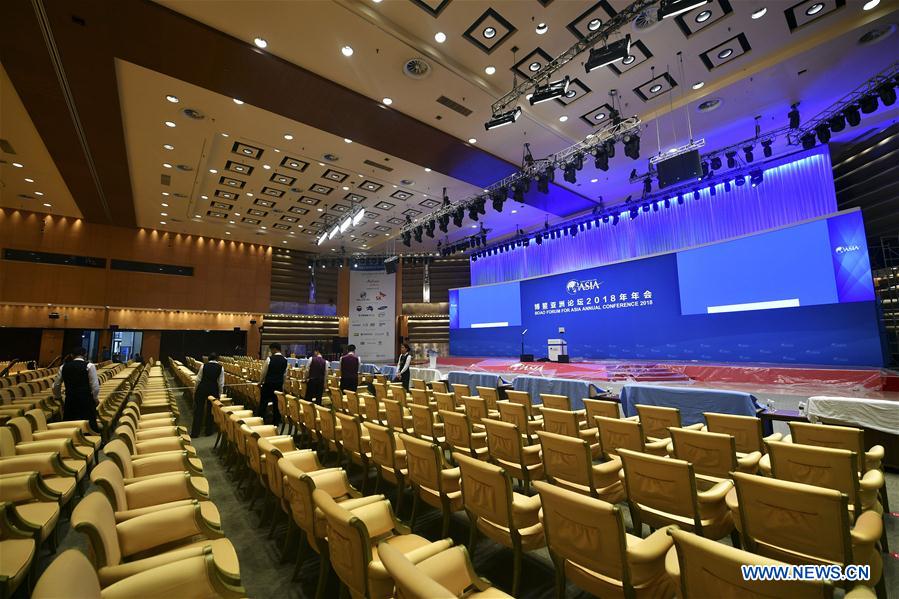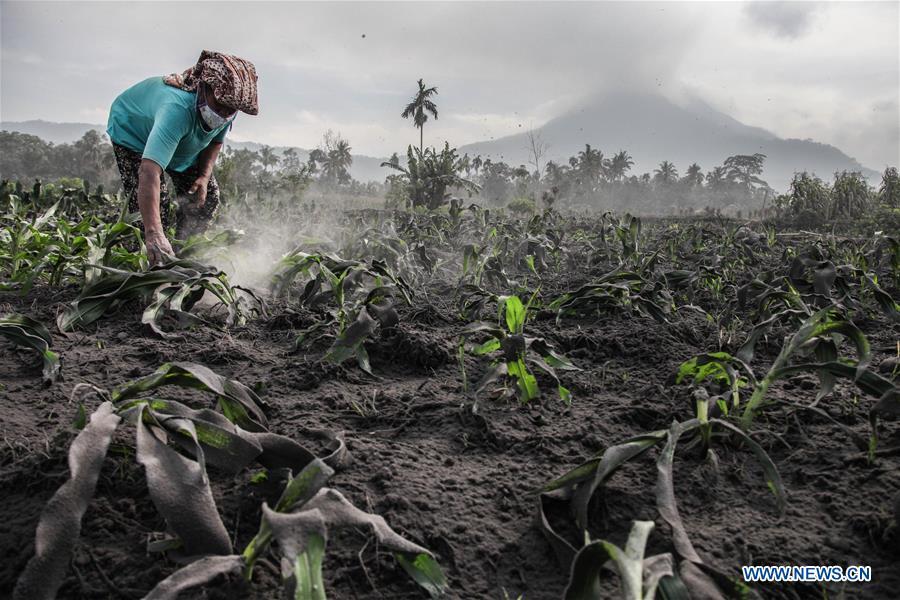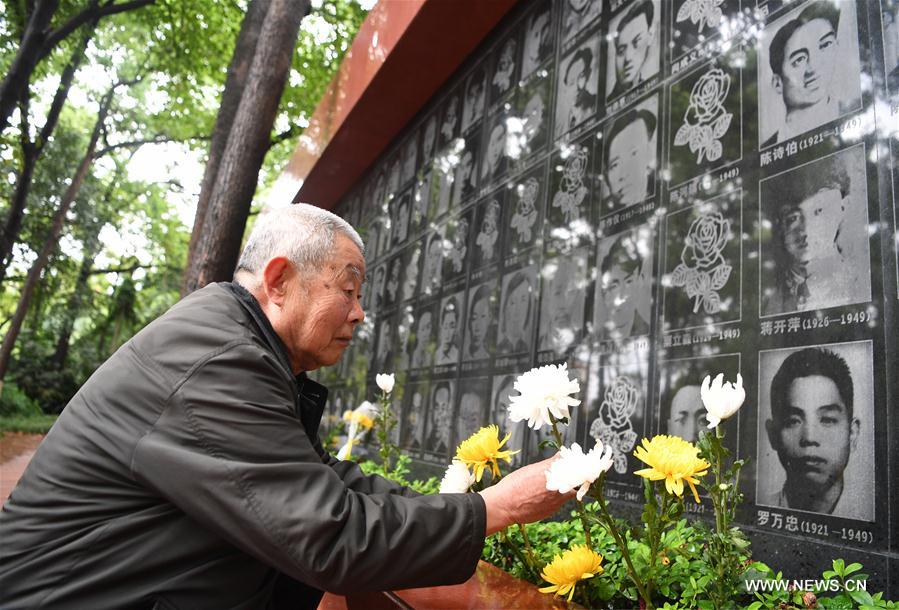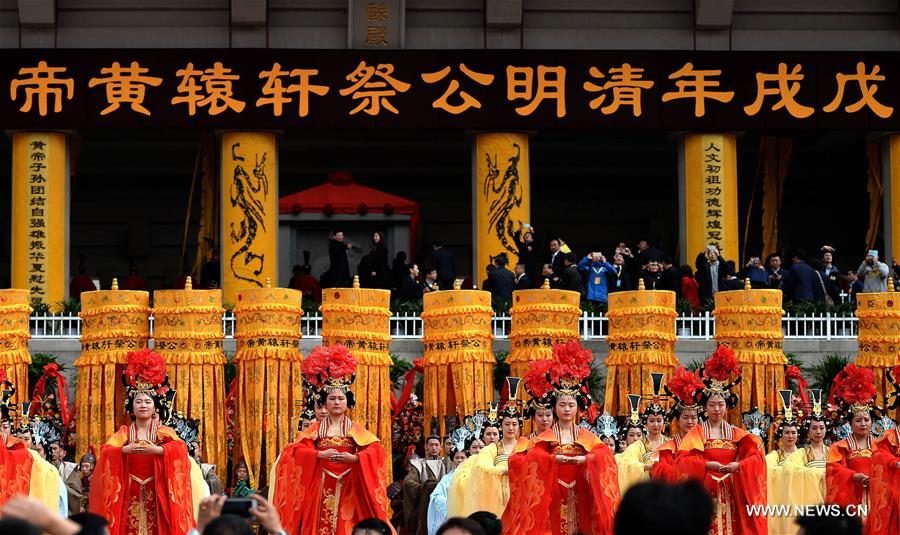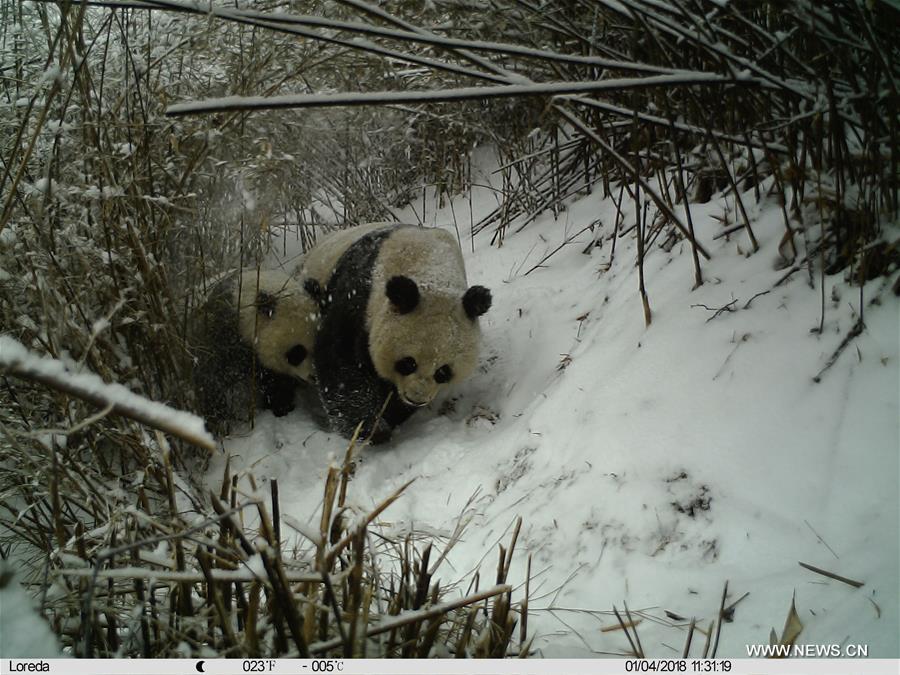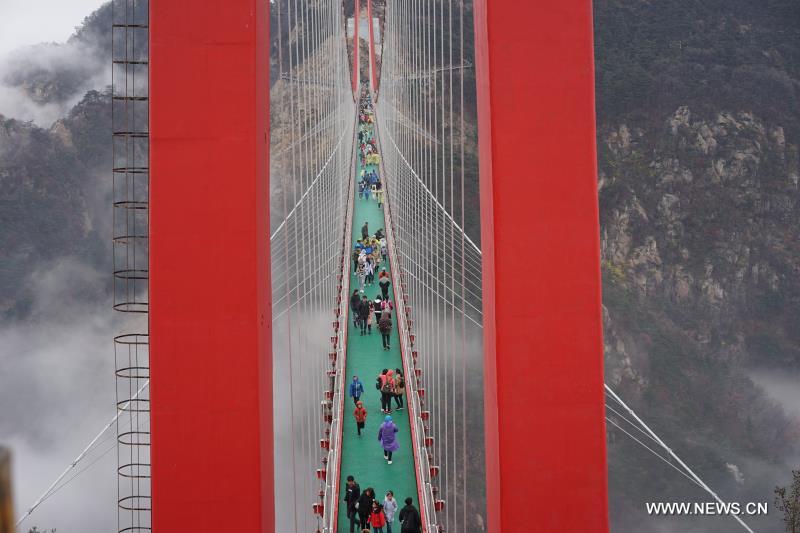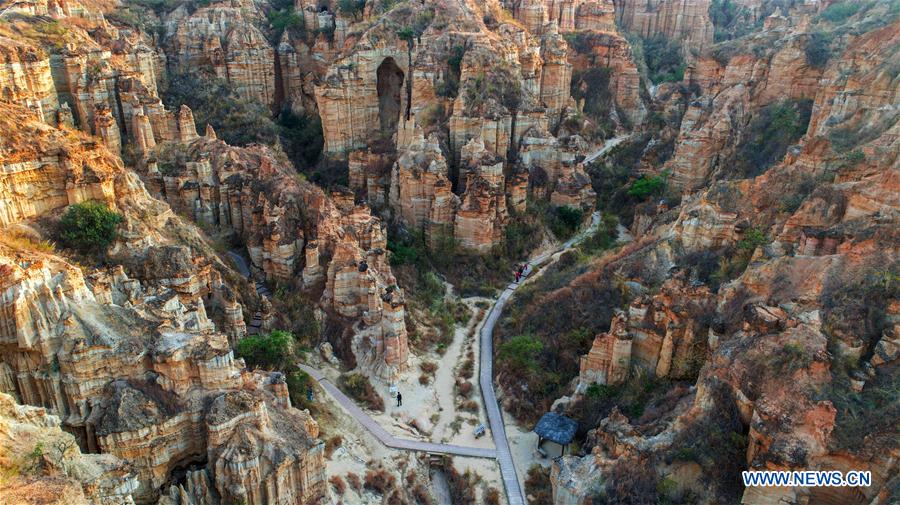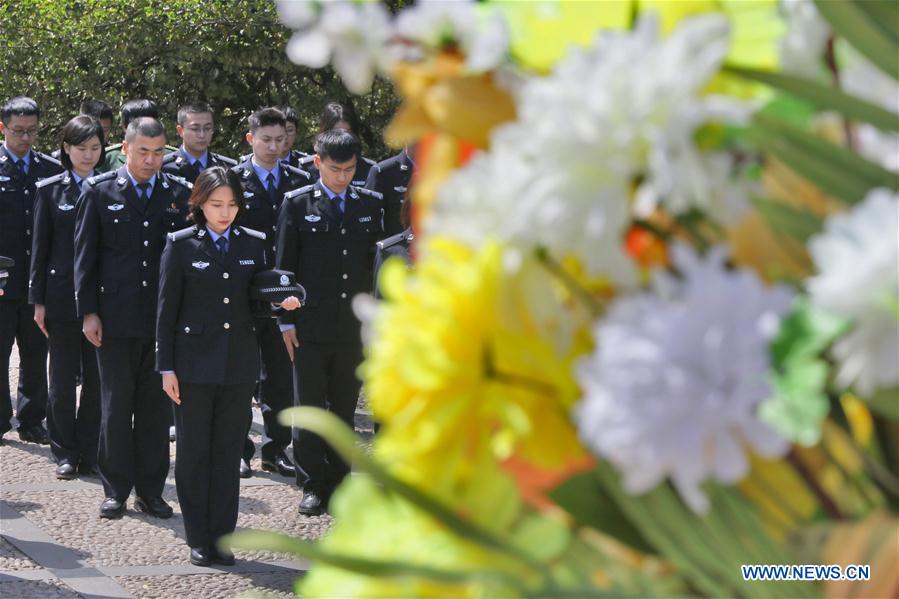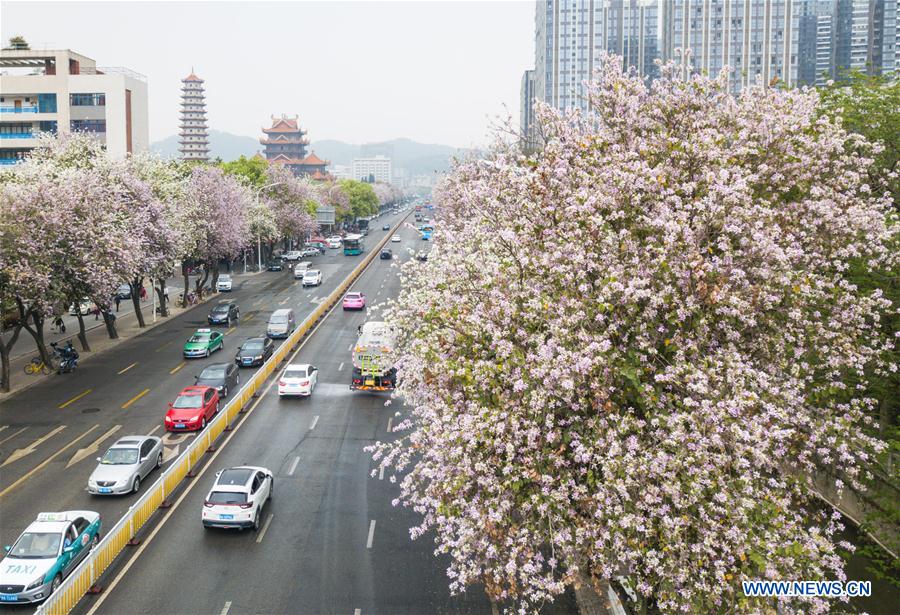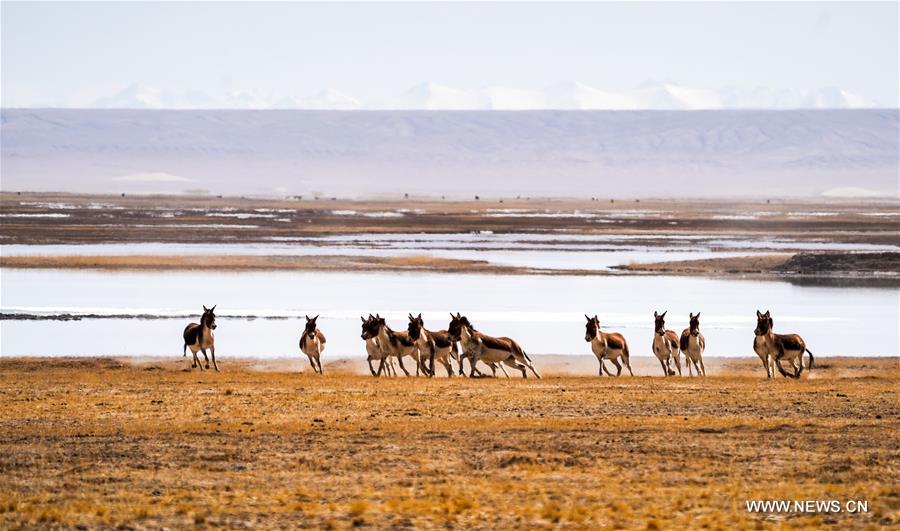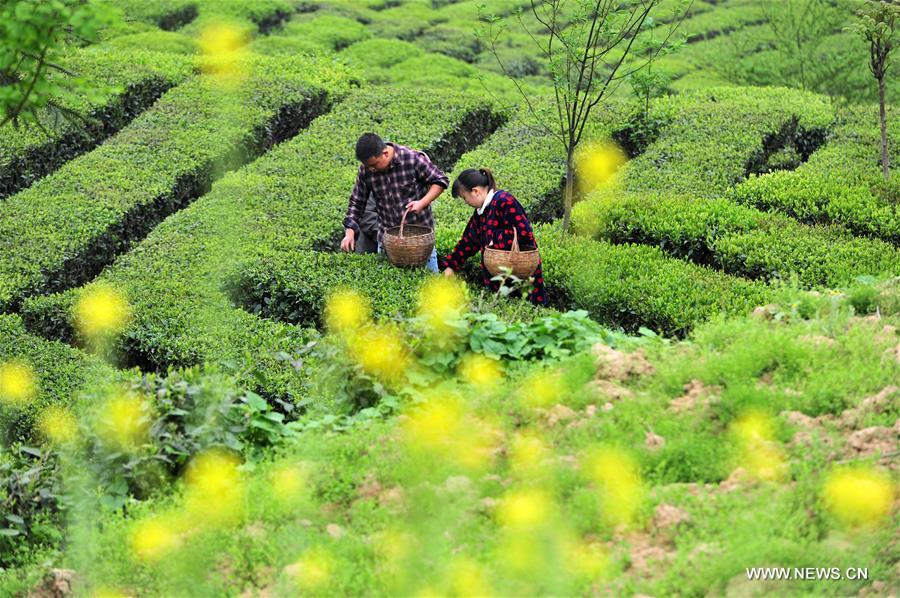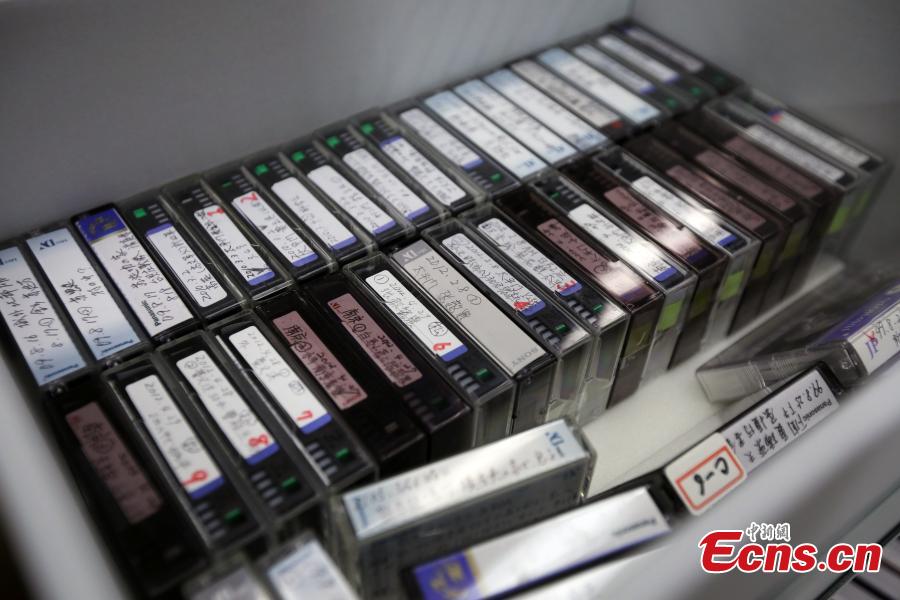For the first time, China will expand testing alkali-resistant "sea rice" across the country to turn 100 million hectares of saline-alkaline soil in the country into arable land, China Central Television (CCTV) reported.
Experts have selected 176 types of fine "sea rice" from a rice base in South China's Hainan Province for the national testing, and the goal is to have at least one type of the rice pass the authority's test, Zhang Guodong, deputy director of the Qingdao Sea Rice Research and Development Center, told CCTV on Sunday.
The 100 million hectares of saline-alkaline soil is spread across the country and experiences different climate and lighting conditions. The test aims to examine the optimum yield and quality of sea rice under different conditions, Zhang said.
"The 'sea rice' will be promoted and planted across the country next year if the test proves successful," Li Xinqi, a research fellow at the China National Hybrid Rice R&D Center, told the Global Times on Sunday.
Li said that the "sea rice" may contain different elements, but its taste and nutritional information would only be slightly different than ordinary rice.
Zhang said that anywhere from 13 million to 20 million hectares of saline-alkaline soil in China will likely be converted into arable land, and they are spread among five different types of saline-alkaline soil, including the arid and semi-arid regions in Northwest China's Xinjiang Uyghur Autonomous Region and the Yellow River Delta.
"Sea rice" was developed by Yuan Longping, China's "father of hybrid rice," and he helped establish the Qingdao center in October 2016.
Yuan told CCTV on Sunday that if "sea rice" was planted in around six million hectares of land, its yield of 30 billion kilograms per mu (0.07 hectare) of rice could feed 80 million people.









